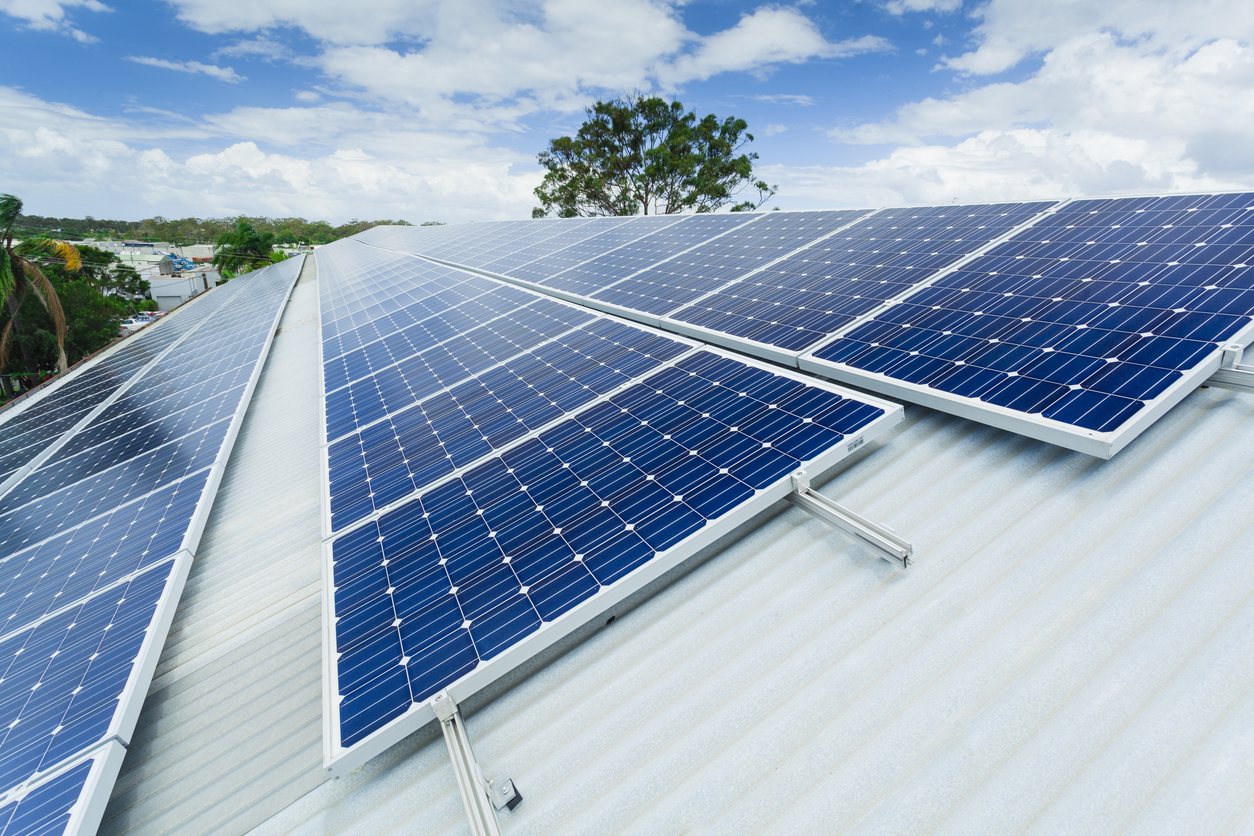
Submission on the Electricity Authority’s Proposal to Set a Default 10 kW Export Limit for Small-Scale Distributed Generation
To:
Electricity Authority – Te Mana Hiko
From:
Electrify the Hutt Incorporated
A community organisation under the Rewiring Aotearoa umbrella
19 November 2025
1. Introduction
Electrify the Hutt Incorporated welcomes the opportunity to comment on the Electricity Authority’s consultation regarding default export limits for small-scale distributed generation (DG).
Electrify the Hutt is a community-based organisation operating in the Hutt Valley, working under the Rewiring Aotearoa umbrella to support education, empowerment, and practical action toward household and community electrification. Our mission is to help whānau, businesses, and community groups participate equitably in the transition to renewable energy and cleaner, more efficient technologies.
We therefore strongly support regulatory settings that enable consumers to adopt solar generation and battery storage with minimal unnecessary barriers.
2. General Position
Electrify the Hutt supports the Authority’s overarching goal of removing unwarranted constraints on distributed generation exports. Current export limits, which are often inconsistent and conservative, restrict the potential of rooftop solar and battery systems to contribute to affordability, resilience, and decarbonisation across New Zealand.
Reforming these limits is vital to allow households and communities in the Hutt Valley—and nationwide—to take full advantage of distributed energy resources.
3. Support for the Proposed Reforms for Small-Scale DG
We support the Authority’s proposals to improve export settings for small-scale DG (≤10 kW), specifically:
- Establishing a default export limit of 10 kW, with distributors permitted to apply lower limits only where supported by a transparent, industry-developed assessment methodology.
- Adopting inverter voltage-response settings aligned with Australian standards, with flexibility for distributors to apply alternative settings where technically appropriate.
These proposals are well-founded, consistent with international best practice, and will provide certainty for consumers, installers, and community organisations like ours who help households navigate the electrification process.
4. Support for Improved Processes for Larger DG Connections
For DG installations above 10 kW, we support:
- Mandating the use of a standardised bespoke export assessment methodology, developed in collaboration with industry, and
- Requiring all new installations to comply with the latest inverter performance standards for low-voltage DG.
These changes will particularly benefit small businesses, farms, community facilities, social service providers, and local organisations seeking to install mid-scale solar. Such groups often lack the technical expertise or resources to engage in complex network processes, and a clear, consistent methodology will reduce unnecessary barriers.
5. Transparency, Fairness, and Effective Oversight
Electrify the Hutt emphasises the importance of ensuring that any bespoke assessments or lower limits applied by distributors are:
- Fully transparent, including clear technical justification
- Consistent across regions,
- Fair and non-discriminatory, and
- Monitored by the Electricity Authority to prevent the continued use of unnecessary or overly conservative constraints.
Without strong oversight, there is a risk that flexibility in the rules could inadvertently perpetuate limitations that hinder consumer investment in distributed generation or delay modernisation of network management.
We encourage the Authority to consider requiring distributors to report annually on the use of lower default limits, hosting capacity constraints, and curtailment levels.
6. Benefits for Consumers, Communities, and the Electricity System
Higher export limits will unlock substantial and wide-ranging benefits:
Affordability
Larger and less constrained rooftop solar systems shorten payback periods and lower electricity costs for households and businesses. Increased distributed generation also lowers system-wide costs by reducing pressure on centralised infrastructure.
Resilience
Solar and battery systems provide localised resilience, particularly during outages or extreme weather events—an increasingly important consideration in the Hutt Valley and across New Zealand. Backup capability supports essential household needs, medical devices, refrigeration, communications, and EV charging.
Decarbonisation
Expanded distributed generation supports national emissions reduction goals, complements grid-scale renewable investments, and increases renewable diversity.
System Efficiency
Rooftop solar can reduce peak loads, defer network upgrades, and improve local hosting capacity. It also reduces reliance on transmission at times of stress, improving overall system reliability.
Despite these benefits, the Hutt Valley—and New Zealand more broadly—currently experiences significant curtailment of potential rooftop solar generation due to restrictive export constraints. Reforming these limits will help unlock community-level generation that is currently going to waste.
7. Conclusion
Electrify the Hutt Incorporated supports the proposed reforms to default export limits and inverter settings for small-scale DG, as well as the move toward standardised methods for assessing larger systems. These steps will meaningfully reduce barriers to electrification, improve fairness and transparency, and enable households and communities to play a greater role in New Zealand’s transition to a modern, distributed, and low-emissions electricity system.
We encourage the Authority to ensure strong oversight of distributor practices to maintain consistency and prevent the misuse of lower default limits. Doing so will support affordable, resilient, and equitable electrification in the Hutt Valley and across the motu.
We appreciate the opportunity to contribute to this consultation and would welcome continued engagement on policies that support community-level electrification and distributed energy.
Sincerely,
Electrify the Hutt Incorporated
Hutt Valley, Aotearoa New Zealand
